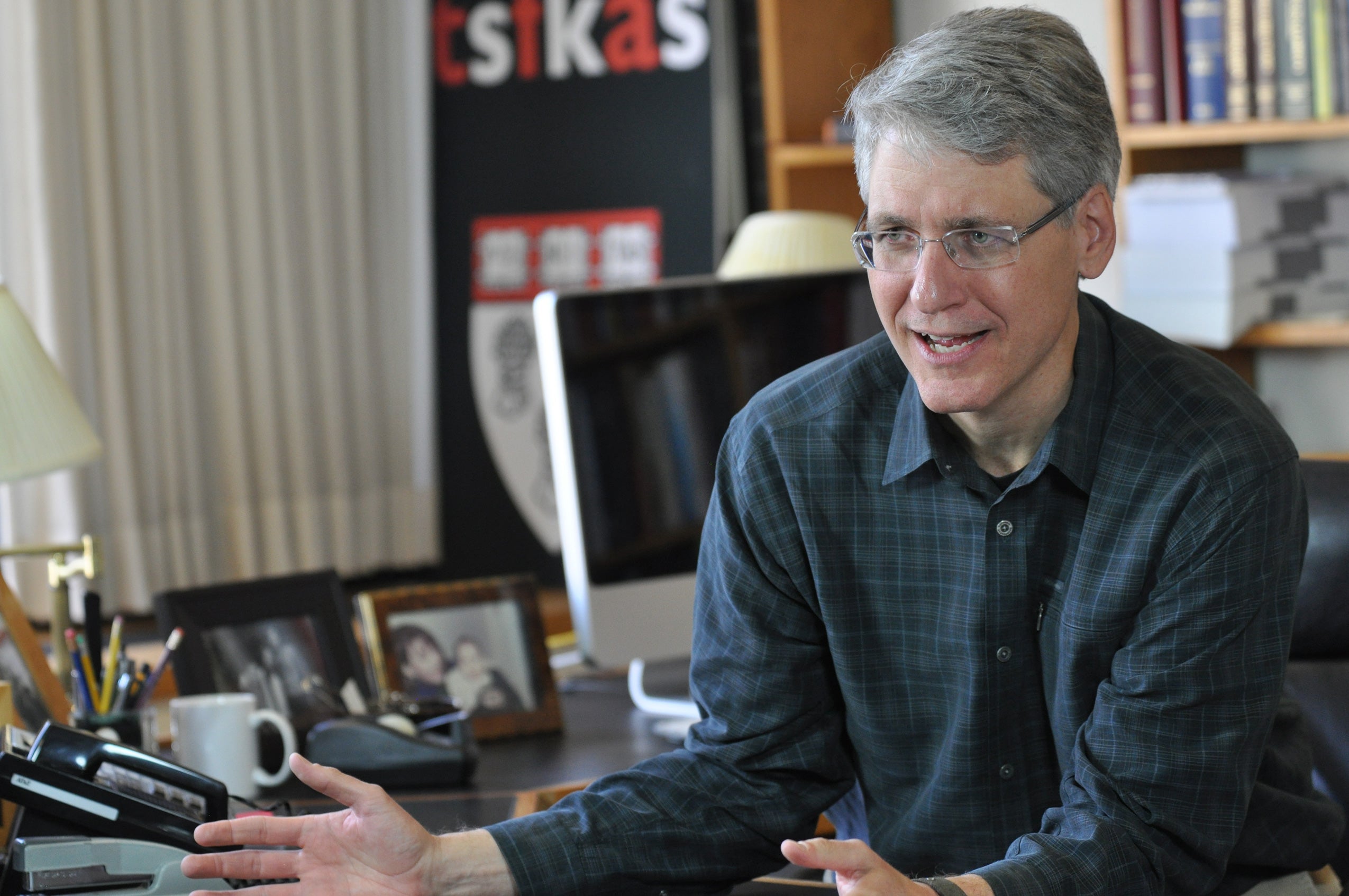The Situationist blog, run by the Project on Law and Mind Science at Harvard Law School, recently received the 2011 Media Prize awarded by the Society for Personality and Social Psychology, an international organization of scholars devoted to social and personality psychology.
Harvard Law School Professor Jon Hanson established the Situationist with Vermont Law School Professor Michael McCann LL.M. ’05 to share the work of the Project on Law and Mind Science, which Hanson directs.
“It is terrific to see this recognition of the wonderful work being done by Jon Hanson and others writing on this innovative, cross-disciplinary blog,” said Dean Martha Minow. “The cross-pollination between theory and practice illuminates law, the mind sciences, and the human experience with powerful implications for how we make decisions, solve problems, and design institutions.”
The project seeks to identify and understand the implications of social psychology, social cognition, and other related mind sciences for law, policymaking, and legal theory. Hanson and the PMLS team have run an annual conference since 2008 on topics such as “The Psychology of Inequality” in 2011 and “The Free Market Mindset” in 2009. Many of the speakers at the conferences are regular contributors to the blog.
In their article “The Situation: An Introduction to the Situational Character, Critical Realism, Power Economics, and Deep Capture” Hanson and Santa Clara Law Assistant Professor David Yosifon ’02 define “Situationism.”
“Situationism is premised on the social scientific insight that the naïve psychology—that is, the highly simplified, affirming, and widely held model for understanding human thinking and behavior—on which our laws and institutions are based is largely wrong. Situationists (including critical realists, behavioral realists, and related neo-realists) seek first to establish a view of the human animal that is as realistic as possible before turning to legal theory or policy. To do so, situationists rely on the insights of scientific disciplines devoted to understanding how humans make sense of their world—including social psychology, social cognition, cognitive neuroscience, and related disciplines—and the practices of institutions devoted to understanding, predicting, and influencing people’s conduct—particularly market practices.”
Read more about “Situationism” on the award-winning blog.
Hanson is editor of a collection of articles titled “Ideology, Psychology, and Law,” which is forthcoming from Oxford University Press in November.
